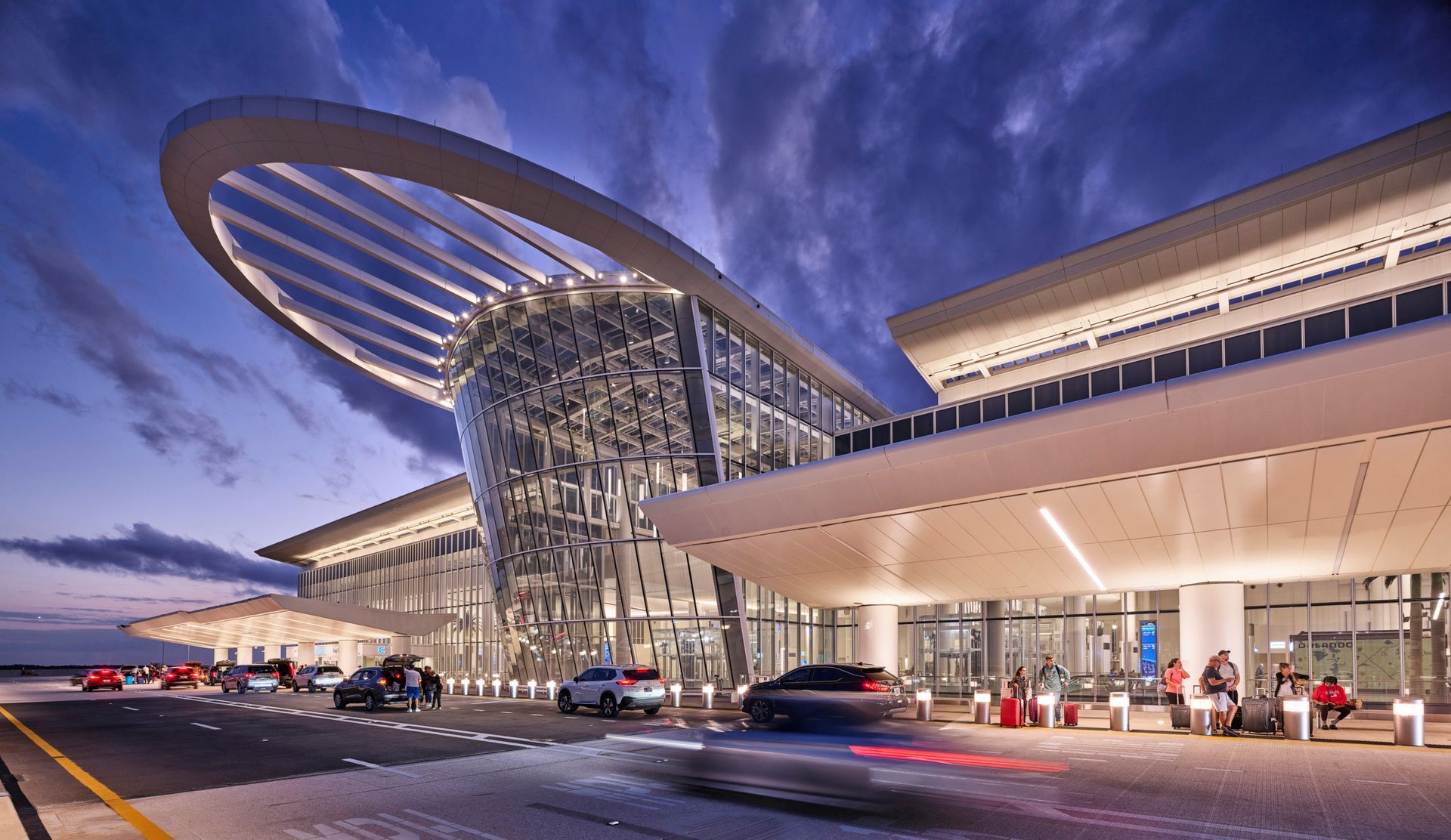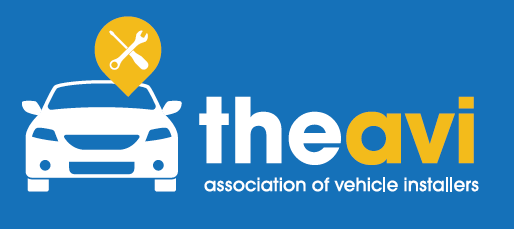01283 533330
Fitting a Bus Tracking System.
Fitting a Bus Tracking System.
If our Governments are to be believed, the future is more to do with public transport rather than personal vehicles, and that means that busses and trains are going to taker a much greater part in the infrastructure of towns and cities. Trains are pretty much constrained and managers of these systems have only to focus on getting their timings right (and cutting down on Engineering works) to make them a viable and reliable means of transport. Busses on the other hand, by being free-roaming vehicles (within the constraints of roads) are a bit more of an issue.
People need public transport to be reliable and consistent if it is to eventually replace private modes of transport entirely, and we are a long way from that. But this is only an engineering problem – though a different one from those with trains – and not insurmountable. Busses can be made to be on time and to offer a reliable service; it just needs the application of a bit of technology. And that is where GPS comes in.
Part of the problem with making busses more regular is that it’s difficult to account for other people on the road. It only takes a few people to drive too much under the specified speed limit to slow the whole procession of traffic. Make that happen every so often and the bus is going to be very late in no time. However, if you have tracking equipment on your bus, you can follow it in real-time, and while that might not make the bus any earlier, you can at least update static electronic signage at bus stops. People are always a bit happier with lateness if they are kept in the loop.
But as cars start to diminish from our roads in favour of public transport, things will start to speed up, and then GPS can be used to drive other changes. Many public transport systems around the world have embraced GPS as a way of managing and maintaining their fleets to keep them in the best possible condition. Using a GPS tracker, you can plan much more fuel-efficient routes (which could make the most of bus-only routes too) making them a much more desirable form of transport.
Of course, at a future date when buses are the predominant form of transport on the road, GPS can come into its own and they may perhaps not have to follow ridged routes and could form their path-dependent upon where the passengers are. There is little sense in sending a bus to a series of stops where there are no passengers while ignoring stops where there are plenty. If you have GPS fitted, you know where the bus is, and if you have technology that can update you on passenger number waiting in real-time. Suddenly, you have a system where you can service your customers to the best possible standard, thanks to GPS.
Modern GPS units are small, discrete, and highly effective, so you can install them in no time and start tracking immediately. Public transport is going to be big in the future, and GPS is going to make it even more effective.
We're great at what we do...
Manufacturers Warranty
All products we use are of the highest quality and come with a manufacturers warranty.
Installation Warranty
Out of Hours Service
AVI Accredited
All our installers are AVI accredited and therefore you can be assured of the highest quality fit every time.
Brands we work with...
Contact info
T: 01283 533330
SmartFits Installations Limited
4 Eastgate Business Centre,
Eastern Avenue, Burton.
DE13 0AT
All Rights Reserved | Smartfits | Terms & Conditions










